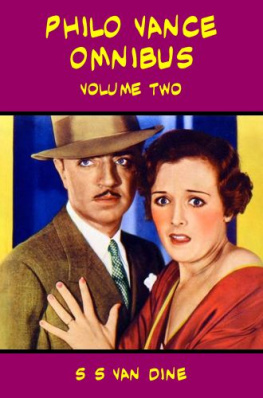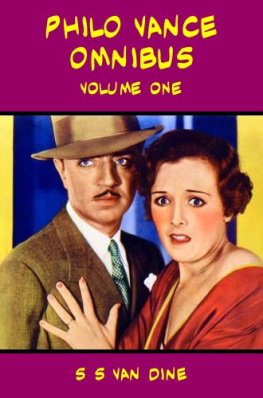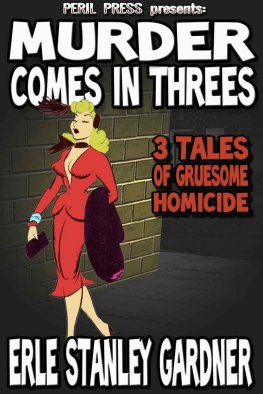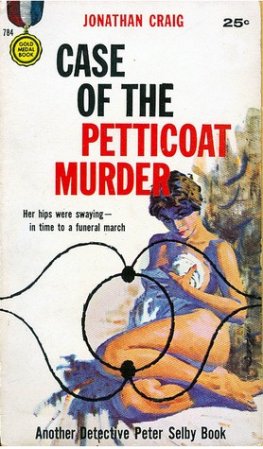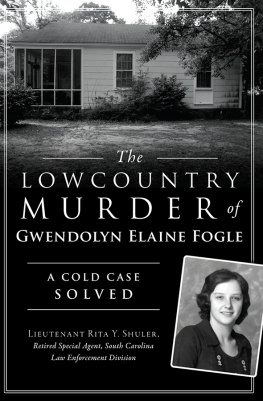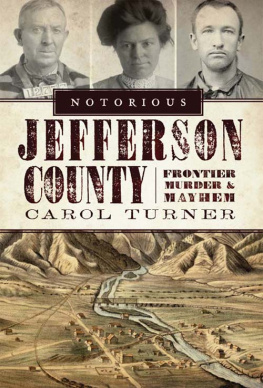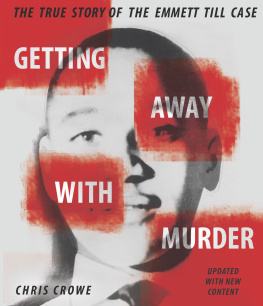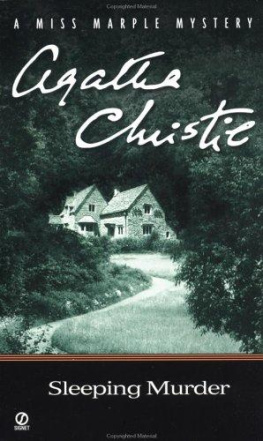Philo Vance Omnibus Vol 2
by
S.S. van Dine
Book Index
(1933)
(1934)
(1935)
(1936)
(1938)
(1939)
6. A CONTRETEMPS
(Sunday, August 12; 2.20 a.m.)
We descended to the main hallway, and Vance led the way back to the drawing-room.
"Well, are you through now?" Markham asked him irritably.
"Not quite."
I had rarely seen Vance so serious or so reluctant to postpone an investigation. I knew that he had been deeply interested in Mrs. Stamm's hysterical recital; but I could not understand, at the time, his reason for prolonging an interview that seemed to me both futile and tragic. As he stood before the fireplace his mind seemed far away, and there was a puzzled corrugation on his forehead. He watched the curling smoke from his cigarette for several moments. Suddenly, with a slight toss of the head, he brought himself back to his surroundings and turned to Leland who was leaning against the centre-table.
"What did Mrs. Stamm mean," he asked, "when she referred to other victims whose bodies the dragon had hidden?"
Leland moved uneasily and looked down at his pipe.
"There was a modicum of truth in that remark," he returned. "There have been two authentic deaths in the pool that I know of. But Mrs. Stamm was probably referring also to the wild stories which the old crones tell of mysterious disappearances in the pool in the old days."
"Sounds something like the old-timers' tales of Kehoe's Hole in Newark[].... What were the two authentic cases you speak of?"
"One happened about seven years ago, shortly after Stamm and I returned from our expedition to Cocos Island. Two suspicious characters were scouting the neighborhoodprobably with a view to burglaryand one of them fell off the cliff on the far side of the pool, and was evidently drowned. Two schoolgirls from this vicinity saw him fall, and later the police picked up his companion who eventually, under questioning, verified the other's disappearance."
"Disappearance?"
Leland nodded grimly.
"His body was never found."
There was the suggestion of a skeptical smile on Vance's mouth as he asked: "How do you account for that?"
"There is only one sensible way of accounting for it," answered Leland, with a slightly aggressive accent, as if endeavoring to convince himself with his own words. "The stream gets swollen at times, and there is quite a flow of water over the damsufficient to carry a floating body over, if it happened to be caught by the current at a certain angle. This fellow's body was probably washed over the dam and carried down to the Hudson River."
"A bit far-fetched, but none the less tenable.... And the other case?"
"Some boys trespassed here one afternoon and went swimming. One of them, as I recall, dived from a ledge of the cliff into the shallow water, and did not come up. As soon as the authorities were notifiedby an unidentified telephone call, incidentallythe pool was drained, but there was no trace of the body. Later, however, after the newspapers had made a two-days' sensation of the affair, the boy's body was found in the Indian Cave on the other side of the Clove. He had fractured his skull."
"And do you, by any chance, have an explanation for that episode also?" Vance asked, with a tinge of curtness.
Leland shot him a quick glance.
"I should say the boy struck his head in diving, and the other boys in the party became frightened and, not wanting to leave the body in the pool, lest they become involved, carried it down to the cave and hid it. It was probably one of them that telephoned to the police."
"Oh, quite. Very simple, don't y' know." Vance looked into space meditatively. "Yet both cases have ample esoteric implications to have taken root in Mrs. Stamm's weakened mind."
"Undoubtedly," Leland agreed.
A short silence ensued. Vance walked slowly across the room and back, his hands in his outer coat pockets, his head forward on his chest, his cigarette drooping from his lips. I knew what this attitude signified:some stimulus had suddenly roused a train of thought in his mind. He again took up his position before the mantel and crushed out his cigarette on the hearth. He slowly turned his head toward Leland.
"You mentioned your expedition to Cocos Island," he said lazily. "Was it the lure of the Mary Dear treasure?"
"Oh, yes. The other famous caches are all too vague. Captain Thompson's treasure, however, is undeniably real and unquestionably the largest."
"Did you use the Keating map?"[]
"Not altogether." Leland seemed as puzzled as the rest of us by Vance's line of questioning. "It is hardly authentic now, and I imagine several purely romantic directions entered into itsuch as the stone turnstile to the cave. Stamm ran across an old map in his travels, which antedated, by many years, the original British survey of Cocos Island of 1838. So similar was it to this chart that he believed it to be genuine. We followed the directions on this map, checking them with the navigators' chart in the Hydrographic Office of the United States Navy Department."
"Did this map of Stamm's," pursued Vance, "indicate the treasure as hidden in one of the island caves?"
"The details were a bit hazy on that point. And that was what so impressed Stamm and, I must confess, myself also. You see, this old map differed in one vital respect from the United States Navy navigators' chart, in that it indicated land where the United States chart shows Wafer Bay; and it was on this section of land that the hiding-place of the treasure was indicated."
A flicker came into Vance's eyes, but when he spoke his tone was casual and but mildly animated.
"By Jove! I see the point. Most interestin'. There's no doubt that landslides and tropical rains have altered the topography of Cocos Island, and many of the old landmarks have doubtless disappeared. I presume Mr. Stamm assumed that the land where the treasure was originally hidden now lies under the waters of the bay which is indicated on the more recent charts."
"Exactly. Even the French survey of 1889 did not show as large a bay as the American survey made in 1891; and it was Stamm's theory that the treasure lay beneath the waters of Wafer Bay, which is rather shallow at that spot."
"A difficult undertaking," Vance commented. "How long were you at the island?"
"The better part of three months." Leland smiled ruefully. "It took Stamm that length of time to realize that he did not possess the proper equipment. The shoals in the bay are treacherous, and there are curious holes at the bottom of the water, owing, no doubt, to geological conditions; and our diving equipment would have been scorned by any good pearl-fisher. What we needed, of course, was a specially constructed diving-bell, something like Mr. Beebe's bathysphere. Even that would have been just a beginning, for we were helpless without powerful submarine dredges. The one we took along was wholly inadequate...."
Markham, who had been noticeably chafing under Vance's discussion of hidden treasure, now rose and strode forward, his cigar held tightly between his teeth.
"Where is all this getting us, Vance? If you are contemplating a trip to Cocos Island, I'm sure Mr. Leland would be willing to make a future appointment with you to discuss the details. And as for all the other investigations you have made here tonight: I can't see that anything has been brought to light that hasn't an entirely normal and logical explanation."
Heath, who had been following all the proceedings closely, now projected himself into the conversation.

